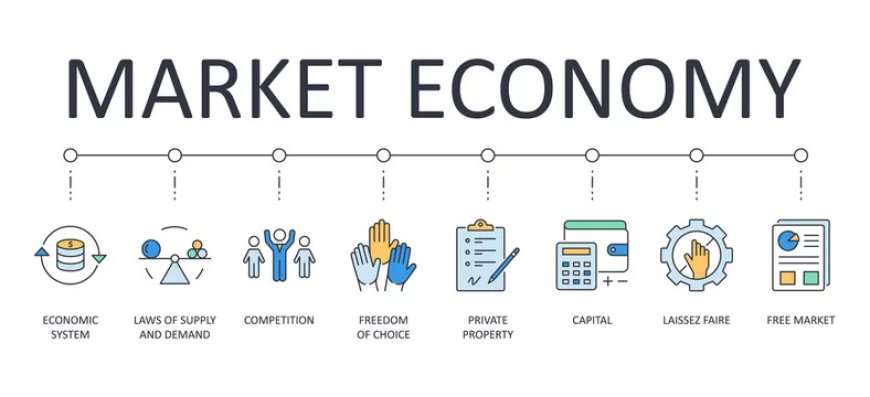Libertarian Stance on Regulations: Advocating for Deregulation and Personal Freedom
Discover the libertarian stance on regulations and licensing, advocating for deregulation, free markets, and individual liberty to promote competition, innovation, and economic freedom.

Libertarians believe in minimal government intervention, particularly when it comes to regulations that impact individual freedom and economic markets. One of the key areas where libertarians take a strong stance is on the issue of licensing and regulation. According to libertarian thought, excessive regulation often leads to unnecessary government control, stifles innovation, and limits personal and economic freedom.
The Case for Deregulation
Libertarians argue that many forms of licensing, whether in business, professions, or trade, often serve to protect entrenched interests rather than promote public safety or welfare. For example, stringent licensing requirements for certain trades and professions can create barriers to entry, reducing competition and keeping prices artificially high. This harms consumers by limiting their choices and forces aspiring professionals to navigate costly and time-consuming licensing processes.
From the libertarian perspective, free markets are self-regulating. By allowing open competition, the market will naturally weed out bad actors and reward those who offer the best services or products. In their view, unnecessary regulation distorts the market, favoring large businesses that can afford compliance over small entrepreneurs or newcomers who may struggle with the cost of regulation.
Licensing and Individual Freedom
Libertarians also believe that individuals should have the freedom to choose their career paths without needing government approval. For instance, they argue that if a person has the skills to provide a service—whether it's cutting hair, teaching, or offering legal advice—they should be able to do so without the need for government-imposed licensing.
The libertarian belief is that consumer reviews, reputation systems, and independent certification bodies are more efficient and adaptable than government licensing. These alternative mechanisms provide the accountability necessary in markets while upholding personal liberty and economic freedom.
Benefits of Deregulation
Libertarians argue that removing excessive regulations will lead to several benefits:
Increased Competition: Without the burden of licensing fees or complicated regulatory requirements, more individuals will be able to start their own businesses, leading to greater competition and innovation.
Lower Costs for Consumers: With more competition comes better pricing for consumers. The inflated prices caused by regulatory monopolies would fall as new players enter the market.
Expanded Opportunities: By lowering barriers to entry, deregulation creates more opportunities for entrepreneurship and employment, especially for lower-income individuals who may not have the resources to meet strict licensing standards.
Market Accountability: Libertarians believe that in a truly free market, accountability is driven by competition. Poor services or products will be naturally phased out as consumers shift to higher-quality providers. This market-driven accountability ensures that quality is maintained without the need for heavy-handed regulation.
Conclusion
In essence, the libertarian stance on licensing and regulation stems from a core belief in individual liberty and free markets. Libertarians argue that most forms of government regulation, including licensing, restrict freedom, limit competition, and distort market dynamics. Instead, they advocate for a system where personal responsibility and market mechanisms dictate quality and accountability, freeing individuals from the constraints of excessive government oversight.
What's Your Reaction?




















































